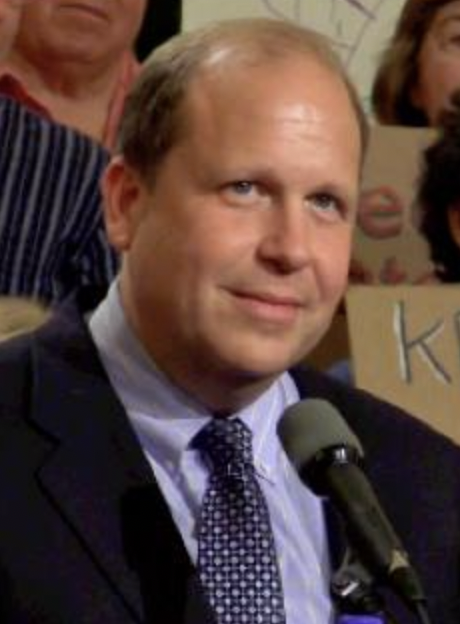For an alternate point of view, see: POINT: The Dangers of Legal Marijuana Outweigh the Benefits
Recently, Ohio became the 24th state to legalize “Adult Use” (recreational) marijuana. The people of Ohio did so in a referendum by a landslide, resulting in the majority of the American people now living in states where you cannot be labeled a criminal and possibly go to jail for smoking a plant that makes you feel good.
The new respect for individual freedom in Ohio is a huge step in the right direction but still leaves too many Americans, including those of us living in Pennsylvania, under the antiquated, cruel, irrational and racist policy that has governed us for the past 80 years.
Since 1937, authorities have been waging a “war on drugs” that includes treating the use of marijuana as a matter for the criminal justice system. We have spent billions of dollars investigating, prosecuting, incarcerating and monitoring millions of our fellow citizens who have hurt no one, damaged no property, breached no peace. Their only crime was a personal lifestyle choice, which is frankly none of the government’s business.
According to the Office of National Drug Control Policy, in an average year, about 25,000 marijuana arrests are made in Pennsylvania at a cost of $350 million. Of course, that is only the partial cost of prohibition. Our current policy leaves several hundred million dollars on the table in taxes that we do not collect because marijuana is illegal rather than regulated and taxed. Aside from the moral issues involved, we can no longer afford the financial costs of prohibition.
Further, prohibition has done exactly what it did in the case of alcohol in the 1930s. It has created a dangerous, unregulated black market with violent and bloody turf wars that kill many people in our country and elsewhere. It has also decimated whole, mostly poorer communities as it acts as an entry-point into the vortex of the criminal justice system.
As it did with alcohol, legalization and regulation would make marijuana safer. Pennsylvanians no longer would have to buy it on the streets from criminals who may have laced their product with other dangerous substances. People buying legally can know exactly what they are getting and rely on its safety.
Some who oppose legalization claim that cannabis today is so much stronger than it was 30 or 40 years ago. First, this is a bogus claim. Cannabis was universally illegal then, and thus, virtually none of it was tested. So, we don’t know the relative strength of 1970s cannabis compared to today. But regardless, the potential for increased strength is an argument for legalization. People forced to buy cannabis on the street have no way of knowing what they are buying. If you purchase it in a legal dispensary, it comes with a label telling you exactly how much THC is in the product so you can consume it responsibly.
Those who oppose legalization also claim that cannabis is somehow bad for you. I will address that momentarily, but the threshold problem with their argument is that even if they are right, it’s not a good argument for prohibition. Lots of things are, in at least some contexts, bad for you. Tobacco kills 480,000 people in the US each year, and alcohol directly kills about 140,000. The number of people directly killed by marijuana is zero. If you were only to make one of these substances illegal, there’s no logic by which you would choose marijuana.
It’s also important to be skeptical of the studies cited by prohibitionists about the harm of cannabis. Most of these studies either deal with children, and again, it’s called “Adult Use” because it would be illegal for children to use it, or they deal with “chronic use,” meaning people who get high multiple times every day. And yes, that’s not a good idea. But it’s also not a good idea to get drunk multiple times every day, yet we don’t punish responsible drinkers, and we shouldn’t punish responsible marijuana users.
Some argue that cannabis is a “gateway” to harder drugs, but the evidence does not bear that out. Well, over 90 percent of those who use marijuana never go on to use harder drugs, and the percentage of people who do use hard drugs and had previously used marijuana is no higher than the percentage who had previously tried only beer.
Unlike alcohol, you cannot overdose on marijuana. Unlike alcohol and tobacco, marijuana is not physically addictive. You can develop a psychological dependence on cannabis, but if you quit, you won’t experience potentially fatal delirium tremors like you could with booze.
Studies have shown that people on marijuana are much less likely to behave violently or recklessly than drunk people. Despite all of this, adults can drink and smoke tobacco freely. But if you smoke marijuana, you are a criminal.
This horrific policy must end. People around the nation are realizing that. It is a moral imperative that Pennsylvania wakes up and legalizes marijuana.


